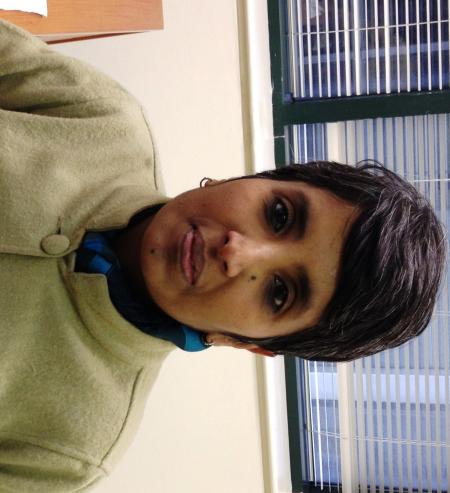A Story of Censorship: How the Right to Take Offense is Shrinking Free Speech in India
3600 Market Street, Suite 560 (5th floor)
University of Pennsylvania
Philadelphia, PA 19104
About the Speaker:
Anuradha Raman is a Senior Associate Editor with the Political Bureau of Outlook magazine, New Delhi. She has written several articles on the media and the social sector with special emphasis on education and caste in India. She has also assisted in a study paper on Mapping Digitization in India in 2012 by the Open Society Foundations, which maps changes affecting the democratic service delivery of news on political, economic, and social affairs.
About the Lecture:
What does it mean to take offense to a book, music, work of art, film, or a play? As more and more people in India take offense to created works of art, the demand for banning them has increased. How does censorship or bans work in India? Who censors? And on whose behalf is a work censored? Does a work once censored remain banned forever? In this presentation, Anuradha Raman will look at the different groups or communities who take offense to a work of art and examine what this means for free speech, a constitutional right guaranteed to every individual. She will also examine those whose works are banned. Using traditional reportage, interviews, and the Right to Information Act, she will attempt to throw light on the process of censorship, examining the linkages between the state, the court, the offended parties, and the individual’s right to free speech.
[Event Flyer]

